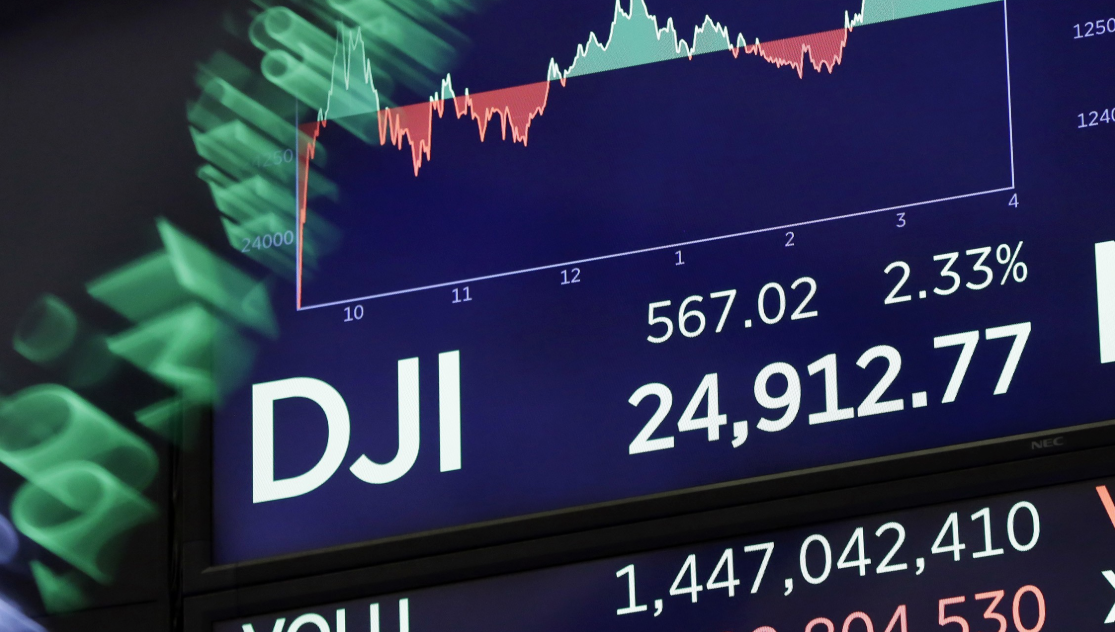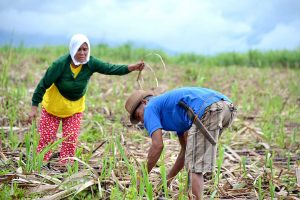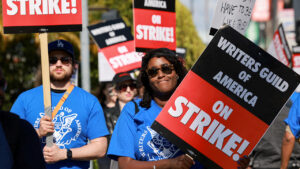Metro Manila mayors eye policy to force booster shots

MAYORS in the capital region Metro Manila are considering the imposition of a policy that would compel people to get a booster shot against coronavirus, according to the country’s health chief.
Health Secretary Francisco T. Duque III said at a televised Cabinet meeting on Tuesday night that he had a meeting with Metropolitan Manila Development Authority (MMDA) chairman Romando S. Artes to discuss the policy, which he said is being eyed since a large number of Filipinos have yet to receive a third dose.
The policy would be similar to mobility and entry restrictions imposed on those who are unvaccinated, he said.
“I talked to Metro Manila Chairman Don Artes, and he said he would convene NCR (National Capital Region) mayors and study if they could also do this with booster dose since our booster coverage is still low,” Mr. Duque said.
The Metro Manila Council, composed of the NCR’s 17 mayors, governs and sets policies for implementation by the MMDA.
“We’re only 25% of our eligible population of about 46.4 million individuals who are supposed to be given the booster dose,” Mr. Duque said.
The Philippines, with a population of 109 million, has fully vaccinated 66.34 million people as of April 5, while 12.26 million people have received booster shots, according to government data.
NCR, which has a population of over 13.48 million, has one of the highest vaccination rates among regions across the country.
LEGISLATION
Mr. Duque, meanwhile, has asked Congress to pass a measure that would make coronavirus disease 2019 (COVID-19) vaccination, including the injection of booster shots, mandatory.
Senators, however, scoffed at the health secretary’s call for legislators to show “political will” by passing such law that critics have tagged as discriminatory and may lead to political divisions.
“It’s his way to pass on his problem to us,” Senate President Vicente C. Sotto III, who is running for vice president, said in a Viber message to reporters on Wednesday.
“We have six days left (in plenary sessions),” he added, which means there would be no time for a new measure, especially one that could be contentious, to go through the legislative process.
“We are converting into the National Board of Canvassers not to mention the Human Rights aspect.”
Senator Panfilo M. Lacson, Sr., who is running for president, said “there is no political will in violating the basic rights and freedoms that belong to any person.”
The act of forcing a person to get vaccinated, he said, is a clear violation of human rights. Instead of “passing the burden to Congress,” he called on the health department to be proactive by implementing house-to-house campaigns.
Meanwhile, Senator Aquilino Martin “Koko” L. Pimentel III, who chairs the Senate Trade, Commerce and Entrepreneurship Committee, said Mr. Duque’s suggestion was “not a valid idea” as it is unconstitutional.
“Since COVID-19 vaccines are still experimental, then it is scientifically unsound to make them mandatory,” he said.
Mr. Pimentel also said that it was “unethical and immoral” for the health chief to suggest such legislation just because a large number of vaccines are about to expire.
VACCINATION PLAN
At the Cabinet meeting, President Rodrigo R. Duterte asked authorities to conduct a house-to-house COVID-19 vaccination program to use the doses that are due to expire in the next few months.
“The vaccines are here and ready to be utilized, just in case. A good number of Filipinos continue to refuse to be vaccinated,” he said. “Wala na tayong magagawa (We can’t do anything about that).”
“The most we can do, a last minute program, is we embark on a program to deliver the vaccines to houses (in the countryside)” he added.
Citing the country’s pandemic task force, Palace Spokesman Jose Martin M. Andanar said on Wednesday that most of the vaccine doses that will expire by July were either donated by other countries or procured by local governments and the private sector.
“A 1.54% estimated wastage rate among vaccines purchased by the national government has been recorded,” Mr. Andanar told a regular news conference. “This is below the 10% indicative rate of the World Health Organization.”
He said the Department of Health and the national task force against COVID-19 are working with manufacturers “to extend the shelf life of vaccines based on updated scientific data such as updated stability studies.”
Mr. Andanar said the top three challenges in the government’s vaccination program against the coronavirus are the low turnout during the recent national vaccination days, declining daily output, and low coverage in the Bangsamoro region.
The Philippines, which remains at minimal risk from the coronavirus, has experienced four waves of COVID-19 since 2020. It reported the highest single-day tally on Jan. 15 at 30,004.
Authorities have said that the Philippines is ready should the new highly infectious recombinant variant of COVID-19, dubbed XE, enter the country. — Kyle Aristophere T. Atienza and Alyssa Nicole O. Tan




